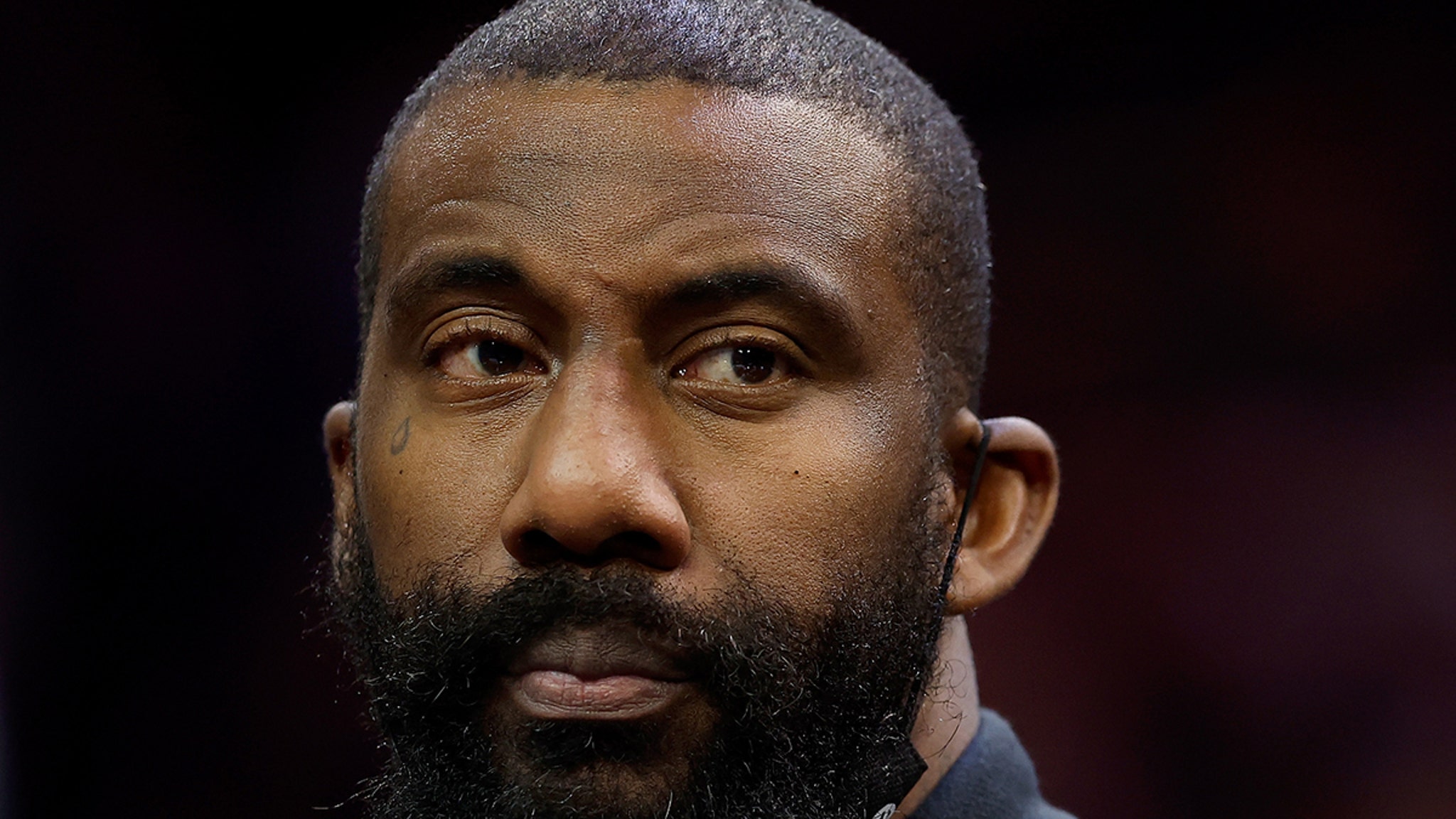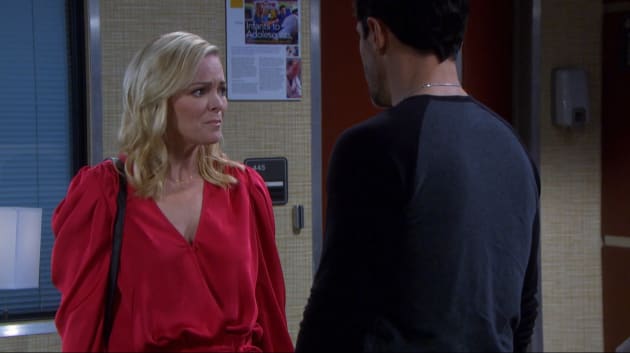Receive free Labour Party UK updates
We’ll send you a myFT Daily Digest email rounding up the latest Labour Party UK news every morning.
An incoming Labour government would have “a lot to learn” from Tony Blair’s era in Westminster, but it cannot simply espouse the party’s 1990’s political programme, shadow chancellor Rachel Reeves has said.
Its platform for the forthcoming general election — which must be held by late next year — will have to differ from the New Labour era because it faces “challenges of a different nature”, Reeves said.
She was speaking at Saturday’s FT Weekend Festival on what to expect if the opposition party wins a majority, as is widely expected because of its large polling margin.
She also reiterated the party’s longstanding position that it would not seek to rejoin the European Union but would aim to improve relationships with the 27-nation bloc.

Labour has faced criticism from both left and right since Keir Starmer became leader because of the similarity of his cautious centrist approach to the one followed by Blair in the run-up to his 1997 landslide general election victory. Among the best-known aspects of the party’s strategy in that election was a five-point “pledge card” setting out key policies.
Asked about how similar Starmer’s approach would be to that of Blair and Gordon Brown, architects of New Labour, Reeves suggested they would engage in a balancing act.
“We’ve got so much to learn from what Tony and Gordon did in 1997,” Reeves said. But she added: “The challenges we face today are of a different nature. So we’re not going to pick up the pledge card from 1997 and somehow think we can dust it off.”
She added the party would build a stronger public sector, with a particular focus on the NHS.
On Europe, Reeves reiterated Starmer’s stance that the party has to accept that the UK has left the European Union and will not rejoin soon.
However, she insisted the party would seek to improve on the withdrawal agreement signed by former prime minister Boris Johnson’s government.
Among the areas she said she would target were a veterinary agreement, which she said would ensure trade flowed more smoothly. She also pledged to seek mutual recognition of professional agreements to help trade in services and better visa agreements for musicians and other cultural workers.
“Do we have to accept that we’ve left the European Union? Yes,” Reeves said. “Do we have to accept that the deal we’ve got is good enough? Absolutely not.”

















































































